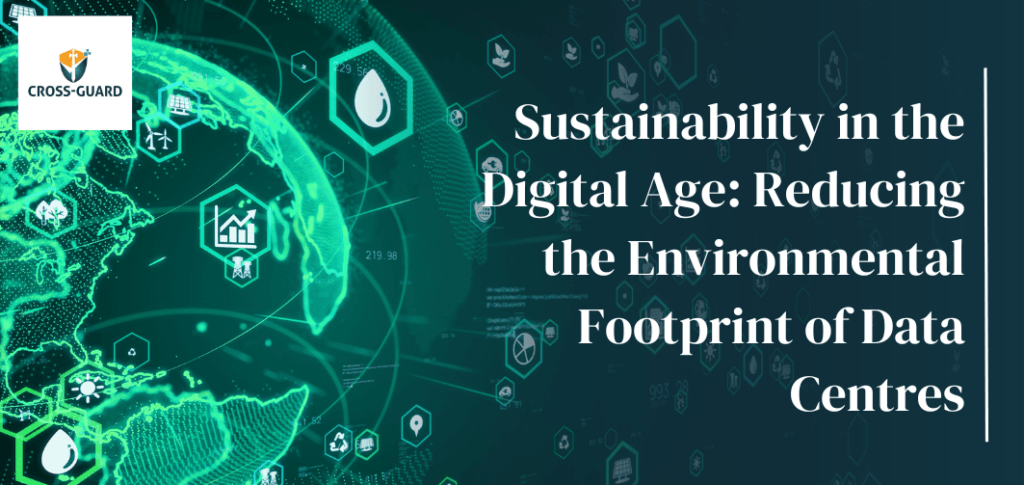Sustainability in the Digital Age: Reducing the Environmental Footprint of Data Centres

The environmental impact of data centres, which consume vast amounts of power and water, makes it imperative for companies operating these facilities to prioritise sustainability efforts.
Data centres play a significant role in global electricity consumption, accounting for approximately 2% of the world’s total power usage. Their carbon footprint is substantial, emitting CO2 at a level equivalent to that of the airline industry, which is widely recognised for its high carbon emissions. It is worth noting that the energy consumption of data centres is projected to double every four years, contributing to the rapid expansion of their carbon footprint.
By embracing sustainable practices and innovative technologies, companies specialising in data storage solutions have the potential to significantly diminish their environmental footprint. A prime example of this proactive approach is Western Digital, a leading storage solutions company, which is actively striving to address various challenges related to power consumption, particularly in the context of data centre design. This includes a focus on enhancing cooling efficiency, optimising operational costs, and bolstering hardware reliability. Through these concerted efforts, Western Digital aims to make meaningful contributions to environmental sustainability while also improving the overall efficiency and effectiveness of data storage solutions.
One important aspect of green data centres is the storage infrastructure. Organisations can consider using high-capacity hard disk drives (HDDs) that provide greater storage density and consume less power. For instance, using 26TB HDDs instead of 16TB HDDs to deploy 2PB of storage would necessitate 27% fewer servers and result in a 26% reduction in energy consumption measured in watts per terabyte (TB). This approach leads to cost savings by reducing the need for extra servers and supporting infrastructure.
Data centres can enhance their sustainability by focusing on improving the efficiency of computing, networking, memory, and storage technologies. One effective method to reduce power consumption in storage is by using helium-filled hard drives instead of air-filled ones. Helium’s lower density, which is one-seventh that of air, reduces turbulence within the drive, leading to decreased drag on spinning disks and ultimately resulting in lower power consumption. This suggestion was made by Khalid Wani, Senior Director of Sales at Western Digital.
Lastly, implementing a good cooling solution will optimise your data centre, drive return on investment and contribute to a greener future. This is where Cross-Guard comes in and our products can help with cost savings, energy savings, improved power usage effectiveness and reduce hot spots and carbon footprint.
Why not call us today to learn about how our products can help your data centre! +44 (0) 20 8108 9328
SHARE

